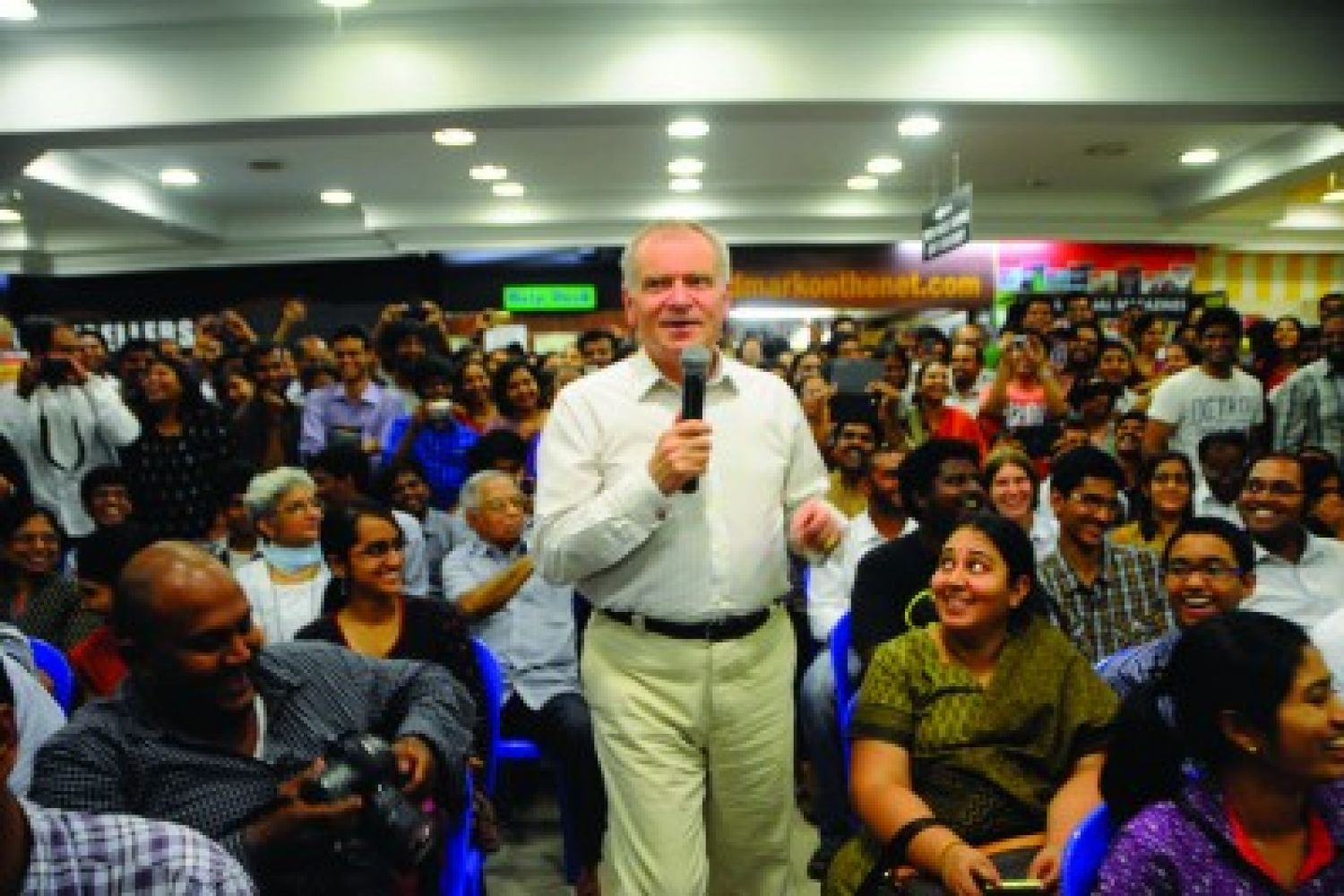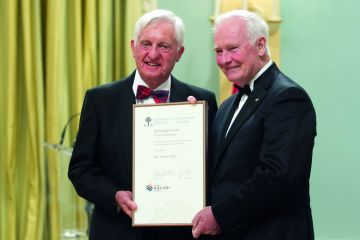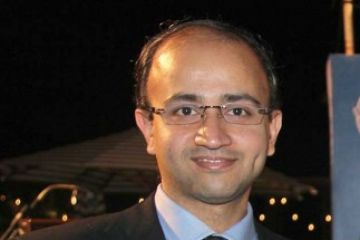
Since the
commencement of Jeffrey Archer’s India tour, Landmark bookstores across the
country have been flooded with seekers of autographs and advice. When he makes
his entry at a Chennai outlet, complete with cricket-ball cufflinks, Archer is
in top form. “I have an announcement to make, and it would be nice to make it
on a serious occasion like this. I want to say how absolutely delighted I was,
how proud I was, and how pleased I was... that England defeated you so easily.
And how eq
Continue reading “Raising Kane and fighting piracy”
Read this story with a subscription.





